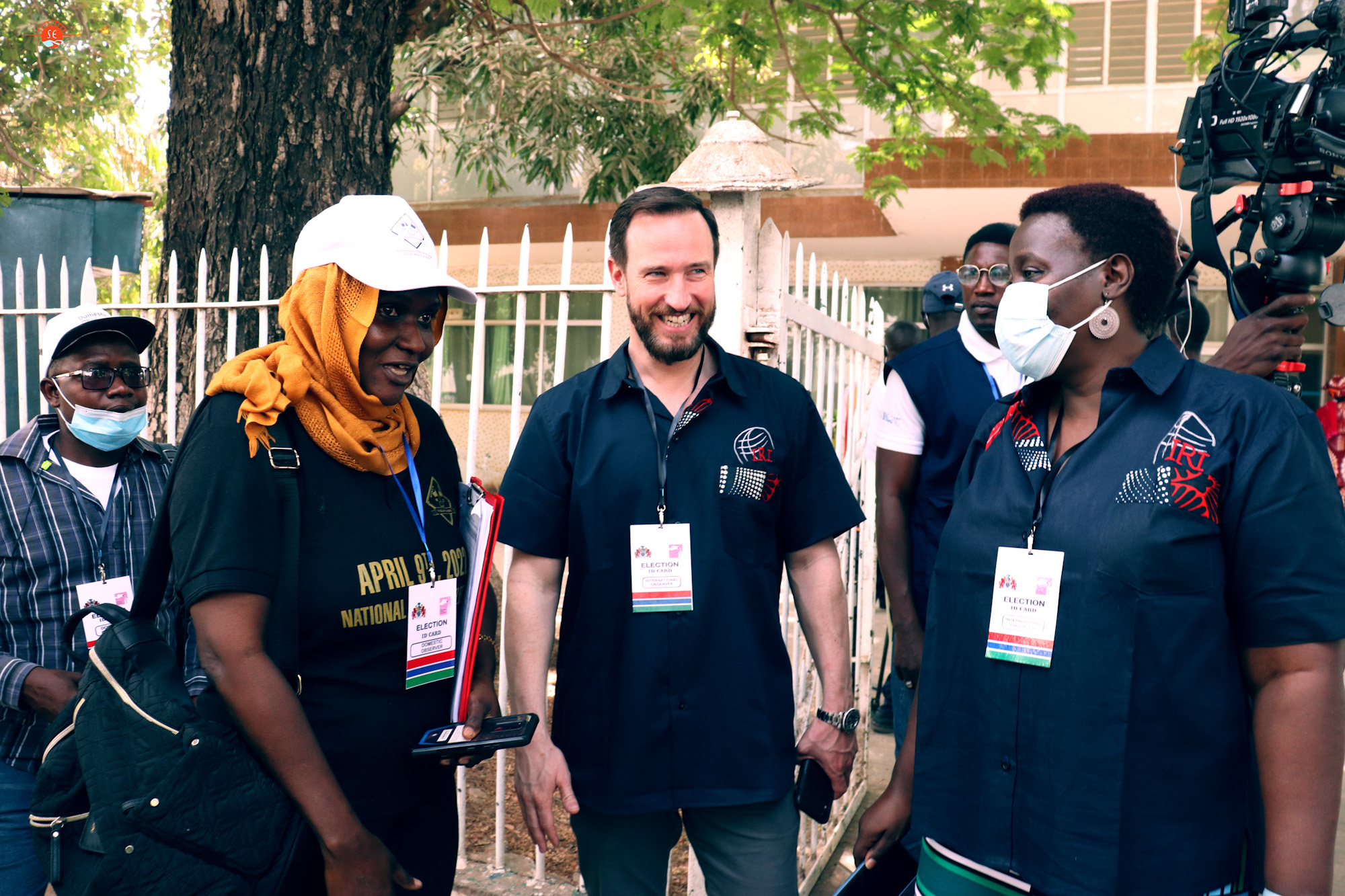Supporting the Implementation of the Truth, Reconciliation, and Reparations Commission (TRRC) Recommendations in The Gambia

In 2016, following the election of President Adama Barrow, the National Assembly of The Gambia established the Truth, Reconciliation, and Reparations Commission (TRRC) to investigate and report an impartial historical record of human rights violations during Yahya Jammeh’s 22-year dictatorship. In May 2022, after a six-year review process characterized by a lack of transparency and numerous citizen complaints, the government released a white paper in response to the TRRC recommendations outlining their goals for promoting healing, addressing impunity, and preventing future human rights violations.
Despite the government’s political will, several challenges—including lack of capacity and expertise in transitional justice, limited resources, and institutional resistance to change—have hindered the full implementation of the TRRC recommendations. Given these internal limitations, the Commission recognized that the international community, specifically entities who invested support in the Commission throughout the TRRC processes, have an important monitoring role to ensure that the agreements and mechanisms are properly implemented.
Good Governance and Democracy Building
In the report’s chapter on reconciliation, the Commission noted, “the support of… the international community in the transitional justice process cannot be overemphasized. The Government should continue to collaborate with them to realize its objectives of fully restoring good governance, democracy, and respect for human rights in The Gambia” (Article 552). As a key supporter of democracy-related activities in the country, the International Republican Institute’s (IRI) assistance throughout the TRRC process is notable.
IRI’s network of partners and programs support The Gambian government and civil society in establishing a just society. In 2019, a TRRC delegation visited IRI’s Washington, DC office to discuss feedback from consultations with the Gambian-American diaspora. In January 2022, IRI conducted a two-day training workshop to provide National Assembly Members (NAMs) technical assistance on legislative oversight, strengthen their governing capacity, and improve oversight hearings to increase citizen engagement. Consequently, 44 NAMs received training, and 80 percent of participants reported increased knowledge of legislative oversight.
This year, IRI conducted a five-day voter education program in Lower River Region, Banjul, Kanifing Municipality, and West Coast Region to ensure all voters—especially women, youth, and people with disabilities—had access to civic information to actively participate in the local government elections held in April and May 2023. Additionally, IRI supported The Gambia National Youth Parliament to develop a legislative tracking platform called Wahjef. Following its launch, 1,321 individuals used Wahjef, to access legislative information and track campaign promises made by NAMs. During the 2023 chairmanship and mayoral elections, in partnership with civil society organization Gambia Participates, IRI assisted with deployment of the election’s largest citizens observation mission of 207 observers.
Challenges and Next Steps
Recently, The Gambia’s National Human Rights Commission (NHRC) released a status report on the TRRC white paper and explicitly recognized its setbacks in the first year of implementation. The NHRC’s specific concerns highlighted the country’s limited human and financial resources, mobilization challenges, and ineffective communication between the government, stakeholders, and victims. It is imperative, however, to invest in increasing the capacity and expertise of government officials, civil society organizations, and the judiciary. These institutions must have the knowledge, skills, and resources necessary to carry out the TRRC recommendations effectively.
The International Republican Institute’s experience and established network in the country demonstrates preparedness to effectively assist the Gambian government with implementing the TRRC’s recommendations and supporting new constitutional review efforts. IRI recognizes the logistical and political challenges ahead but is eager to assist international and local partners with fully implementing the TRRC recommendations.
Top